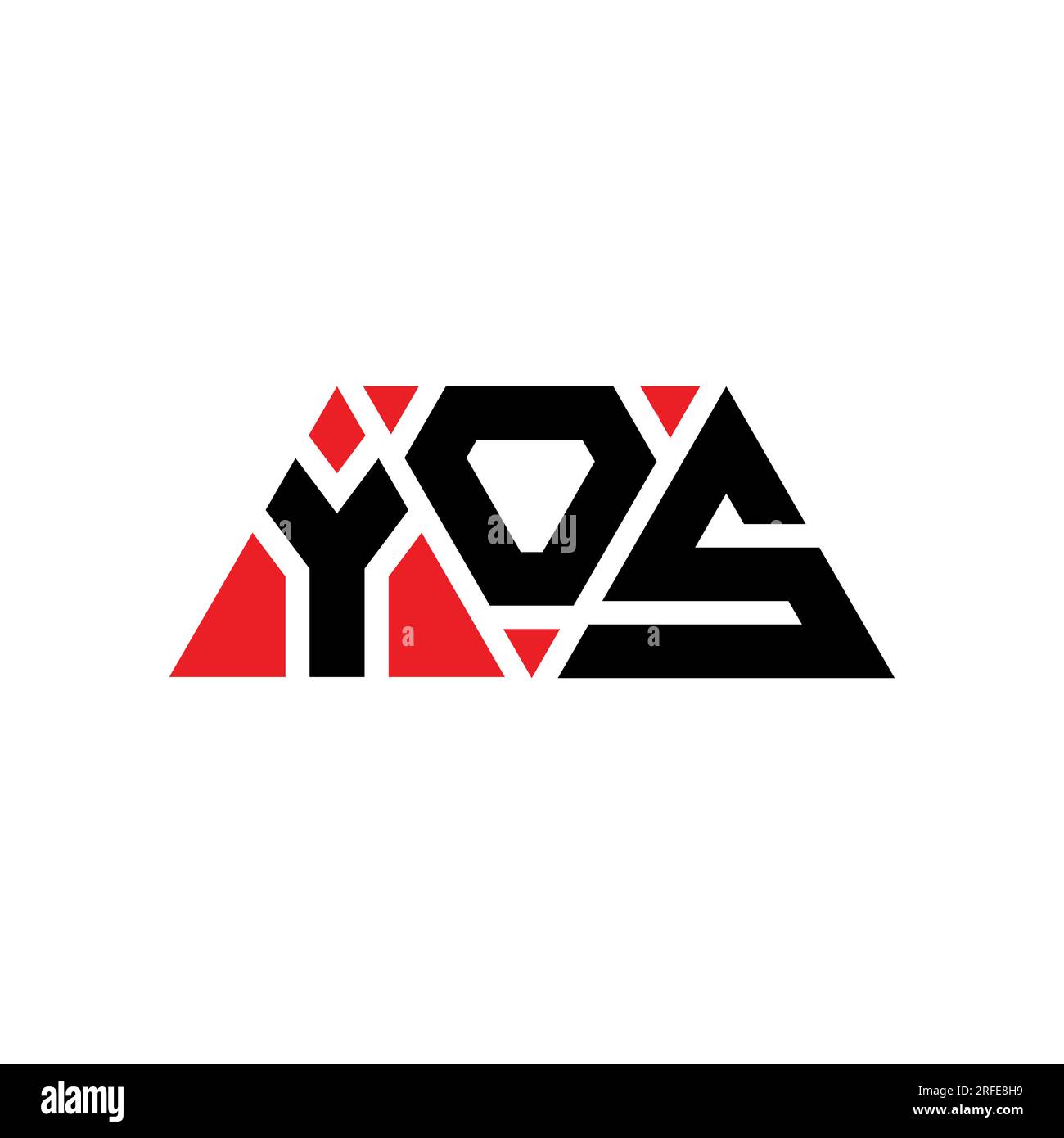YOS 2025 is an event that symbolizes the future of global sportsmanship, bringing together young athletes from across the world. This event aims to promote not only athletic excellence but also education and cultural exchange. As we look forward to this significant milestone, it's essential to understand what YOS 2025 entails and its impact on the youth.
The Youth Olympic Spirit (YOS) has been a beacon of hope and inspiration for young athletes worldwide. It serves as a platform where participants can showcase their talents while learning valuable life skills. By focusing on the core values of Olympism—excellence, friendship, and respect—YOS 2025 will inspire the next generation of leaders in sports.
With just a few years until the event, it's crucial to explore the history, objectives, and impact of YOS 2025. This article provides a comprehensive overview of everything you need to know about this transformative event. Let's dive in!
Read also:Temporary Replacement Ep 3 Your Ultimate Guide To Seamless Transitions
Table of Contents:
- Introduction to YOS 2025
- History of Youth Olympic Games
- Key Objectives of YOS 2025
- Sports in YOS 2025
- Global Impact of YOS 2025
- Who Can Participate in YOS 2025?
- Cultural Exchange Programs
- Education and Skill Development
- Technology in YOS 2025
- The Future of Youth Olympic Spirit
Introduction to YOS 2025
The Youth Olympic Games (YOG), often referred to as YOS 2025, is a unique event designed specifically for young athletes aged between 15 and 18. Unlike traditional Olympic Games, YOS 2025 focuses on more than just athletic performance. It emphasizes the importance of education, cultural exchange, and personal development.
YOS 2025 will take place in a yet-to-be-announced host city, where thousands of young athletes will gather to compete, learn, and grow together. This event is not just about winning medals; it's about fostering a sense of community and promoting the values of Olympism.
History of Youth Olympic Games
Origins and Evolution
The concept of the Youth Olympic Games was first introduced by the International Olympic Committee (IOC) in 2007. The inaugural event took place in Singapore in 2010, followed by subsequent editions in Nanjing (2014) and Buenos Aires (2018). Each edition has built upon the successes of its predecessors, enhancing the experience for participants and spectators alike.
Key Milestones
- 2010: First YOG held in Singapore, setting the foundation for future events.
- 2014: Nanjing YOG introduced new sports and formats, increasing engagement.
- 2018: Buenos Aires YOG featured mixed-gender teams, promoting equality.
Key Objectives of YOS 2025
YOS 2025 aims to achieve several objectives, including promoting sportsmanship, encouraging cultural exchange, and fostering education among young athletes. These goals align with the broader mission of the IOC to inspire and empower the youth through sports.
Promoting Sportsmanship
One of the primary objectives of YOS 2025 is to instill a sense of fair play and respect among participants. By emphasizing the importance of teamwork and integrity, the event hopes to create a lasting impact on the athletes' personal and professional lives.
Read also:Exploring Ben Mezrichs Net Worth Insights Achievements And Fascinating Facts
Sports in YOS 2025
The YOS 2025 program includes a wide range of sports, from traditional Olympic disciplines to emerging sports that appeal to younger audiences. This diversity ensures that athletes from all backgrounds have the opportunity to compete and excel.
Core Sports
- Athletics
- Swimming
- Gymnastics
Emerging Sports
- Skateboarding
- Climbing
- Surfing
Global Impact of YOS 2025
The global impact of YOS 2025 extends beyond the sporting arena. It serves as a catalyst for change, promoting social inclusion, gender equality, and environmental sustainability. By hosting the event in diverse locations, the IOC aims to reach underserved communities and inspire future generations.
Social Inclusion
YOS 2025 is committed to creating an inclusive environment where all participants feel welcomed and valued. Initiatives such as adaptive sports programs ensure that athletes with disabilities have equal opportunities to compete.
Who Can Participate in YOS 2025?
Eligibility for YOS 2025 is based on age and nationality. Athletes must be between 15 and 18 years old and represent their respective National Olympic Committees (NOCs). Selection processes vary by country, ensuring a fair and transparent system for identifying top talent.
Cultural Exchange Programs
Cultural exchange is a cornerstone of YOS 2025. Through workshops, exhibitions, and interactive sessions, participants have the opportunity to learn about different cultures and traditions. This fosters mutual understanding and respect among athletes from diverse backgrounds.
Education and Skill Development
Life Skills Workshops
YOS 2025 offers a variety of workshops focused on life skills such as leadership, communication, and time management. These sessions are designed to equip athletes with the tools they need to succeed both in and out of sports.
Academic Opportunities
In addition to skill development, YOS 2025 provides access to educational resources and scholarships. This ensures that athletes can pursue their academic goals alongside their sporting careers.
Technology in YOS 2025
Technology plays a crucial role in enhancing the YOS 2025 experience. From advanced tracking systems to virtual reality simulations, innovative solutions are being implemented to improve performance and engagement.
Virtual Reality Training
Athletes can now use virtual reality to simulate competition scenarios, allowing them to practice and refine their skills in a controlled environment. This technology not only enhances performance but also reduces the risk of injury.
The Future of Youth Olympic Spirit
As we look ahead to YOS 2025 and beyond, the future of Youth Olympic Spirit looks promising. With continued innovation and commitment to core values, the event will undoubtedly inspire and transform the lives of countless young athletes worldwide.
Long-Term Goals
The long-term goals of YOS include expanding its reach to new regions, increasing participation from underrepresented groups, and enhancing its impact on global sports development. By staying true to its mission, YOS will continue to shape the future of sports for generations to come.
Conclusion
YOS 2025 represents a unique opportunity for young athletes to showcase their talents while learning valuable life skills. Through its focus on sportsmanship, education, and cultural exchange, the event aims to inspire and empower the next generation of leaders in sports. We encourage readers to share their thoughts and experiences in the comments below and explore other articles on our site for more insights into the world of sports.
Remember, the spirit of YOS 2025 is not just about competition; it's about building a brighter future for all. Let's embrace this opportunity and make a difference in the lives of young athletes worldwide.


